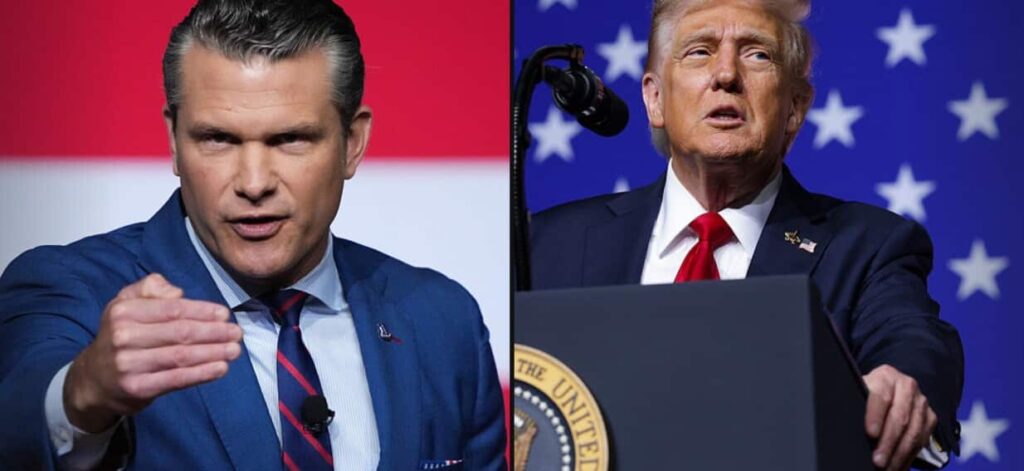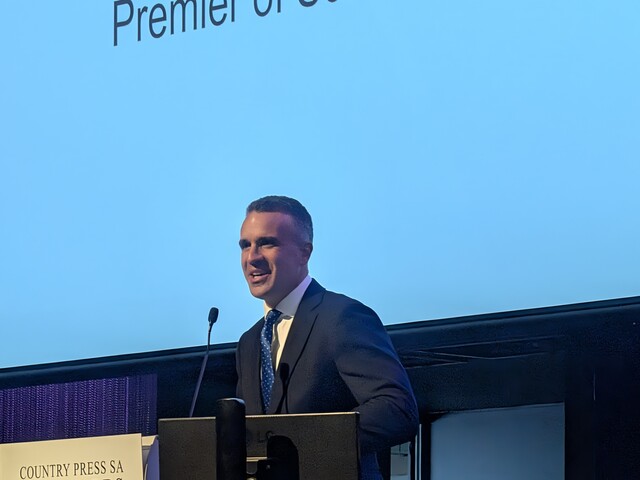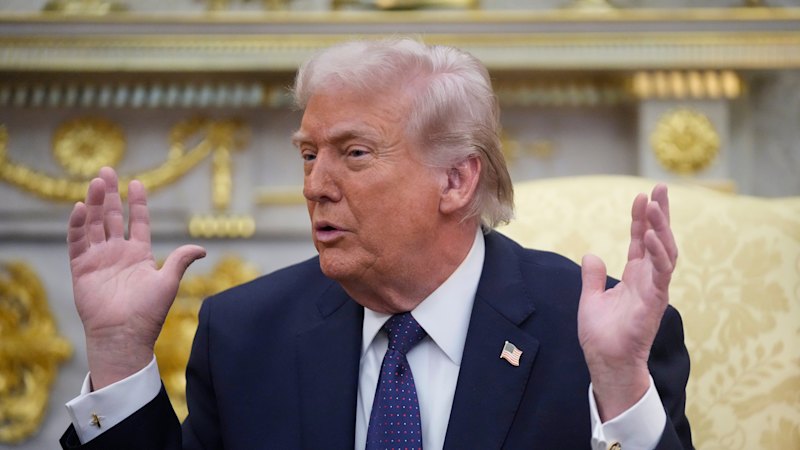
US President Donald Trump has made headlines after suggesting that certain American cities could serve as military training grounds for the armed forces. During a gathering of military commanders at Quantico, Virginia, Trump pointed to Democrat-led cities he describes as “dangerous” due to high crime rates. He stated, “We should use some of these dangerous cities as training grounds for our military,” highlighting his belief in a domestic crisis he characterizes as a war from within.
The president’s comments came alongside those of his Defense Secretary, Pete Hegseth, who criticized the current state of military leadership and diversity initiatives. Hegseth, a former Fox News personality, claimed that these initiatives have contributed to a decline in military effectiveness. He urged commanders to resign if they do not support his vision for the military.
In his opening remarks, Hegseth denounced political leaders he deemed “foolish and reckless,” suggesting they led the military astray into what he called the “Woke Department.” He indicated that significant changes are on the horizon for how the Pentagon addresses discrimination and evaluates misconduct, asserting that many military leaders currently operate under a culture of fear.
Hegseth also expressed dissatisfaction with the physical appearance of military personnel, stating, “It’s completely unacceptable to see fat generals and admirals in the halls of the Pentagon.” He announced that all fitness tests would be aligned to male standards and emphasized the need for strict grooming protocols. “The era of unprofessional appearance is over,” he declared, signaling a shift in military culture.
Underlining his support for the military, Trump reiterated that all commanders present were chosen based on merit, dismissing the influence of political correctness in their appointments. He warned that those who disagreed with him could “leave the room,” implying that such dissent would jeopardize their careers.
As he prepared to leave for the event, Trump indicated that he would not hesitate to dismiss military leaders on the spot if he found them lacking. His speech, which spanned over an hour, included a mix of praise for the military, critiques of the media, and harsh words for former President Joe Biden and the situation in Venezuela.
Reactions to the event have been mixed. Democrats swiftly condemned Trump’s remarks, arguing that they risk politicizing the military. Senator Jack Reed, the top Democrat on the Senate Armed Services Committee, stated that such comments undermine the principle of a nonpartisan military. Illinois Governor JB Pritzker echoed this sentiment, describing Trump’s language as unbecoming for a national leader.
Amid these developments, the Pentagon has experienced a tumultuous eight months under Trump’s administration, marked by significant changes including personnel removals and a controversial executive order to rename the Department of Defense to the “Department of War,” pending congressional approval.
Recently, Trump announced plans to deploy National Guard troops to cities like Chicago and Portland, despite opposition from local officials. Earlier this year, he sent Guard and active-duty Marines to Los Angeles, also facing pushback.
As the military remains committed to its apolitical mandate, commanders are under pressure to navigate the intersection of military duty and political rhetoric, raising concerns about the future of military leadership in the United States.






